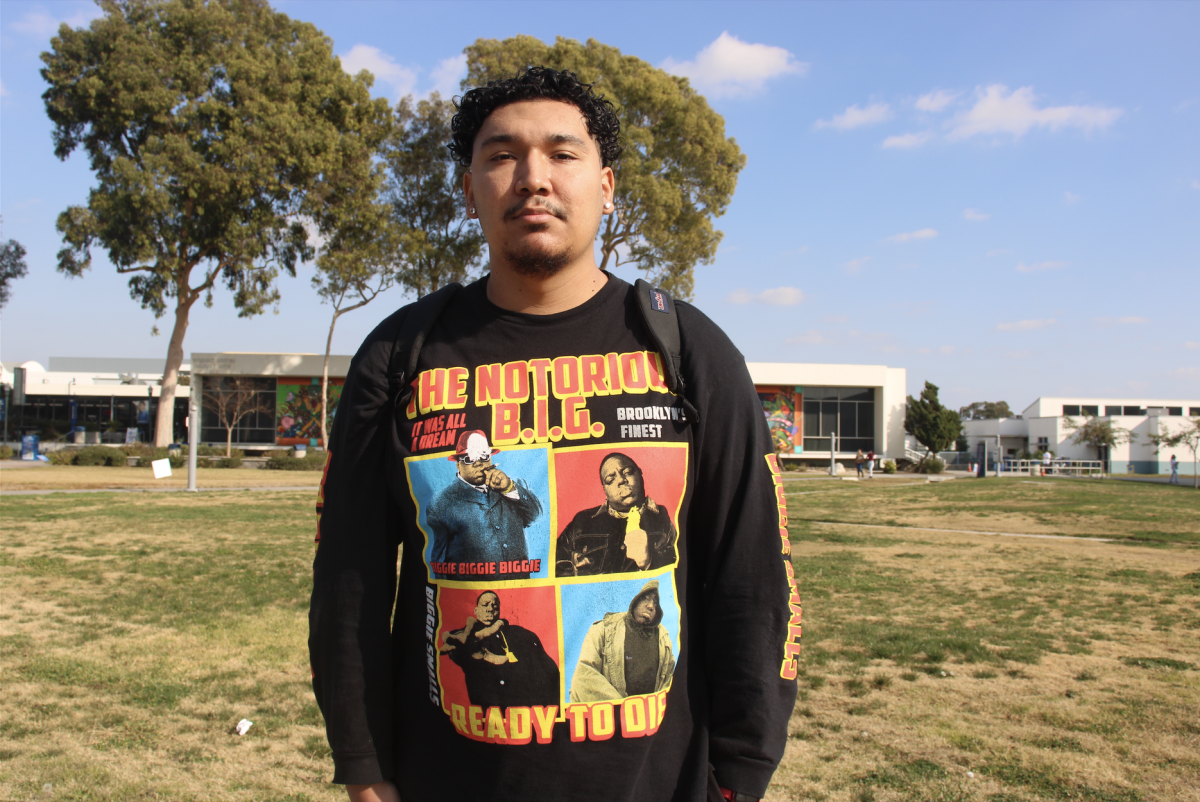It seems like nowadays people rely on social media to feel validated about their lives.
Have you ever waited to eat a meal because you needed the perfect Snapchat or Instagram post?
In the rare case that you haven’t, there’s a very high chance that you know someone who does put their life on hold for the perfect post.
Remember the gold old days when all you needed to get past was prayer time?
Now you have social outings where it takes 10 minutes to dive into a dish because everybody needs to post and earn those likes.
Why do we feel the need to post everything?
What does someone’s “thumbs up,” “heart,” “like” do for our well being?
According to degreed.com, social media is addictive. About 63% of Americans log into Facebook on a daily basis and 40% sign in multiple times.
Many claim that they’ll sign in out of boredom, or because they’re looking for distraction.
The addiction develops with the likes or thumbs up one receives from posting. The positive reinforcement for posting validates the users and makes them always come back.
Being addicted to social media can be a challenging concept.
Like with any other addiction such an excessive exposure to social media is detrimental.
It paints an idealized picture of what life should be like. There’s constant comparison between what one posts and what others post.
If one doesn’t get as many likes, or validation points as we can call it. One might feel as if society’s expectations aren’t being met.
This can lead to decreased self-esteem and make it’s users unhappy.
Frequent users also express that using social media often gives them FOMO (fear of missing out) one can especially see that for example with music festivals like Coachella or EDC.
People who attend even these sorts of events constantly post and make one constantly check their Snapstory or Instagram only making the user wish he or she was there.
It’s problematic because it again sets expectations as to what a certain individual should be up to and when that individual can’t, he or she is exposed to all the things he or she might be missing out on.
This constant comparison might make a person feel unaccomplished, unsuccessful and depressed.
Social media has evolved rapidly and with it, the effects that it has on individuals.
It is always important to be aware of the difference between trying to portray an image online and what actually happens after or before that post.
Social media can be deceiving and make individuals believe in a false reality.












Caroline Kelly • Feb 9, 2018 at 12:26 pm
I TOTALLY AGREE WITH THIS ARTICLE ITS REALLY EYE OPENING